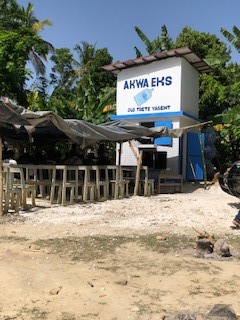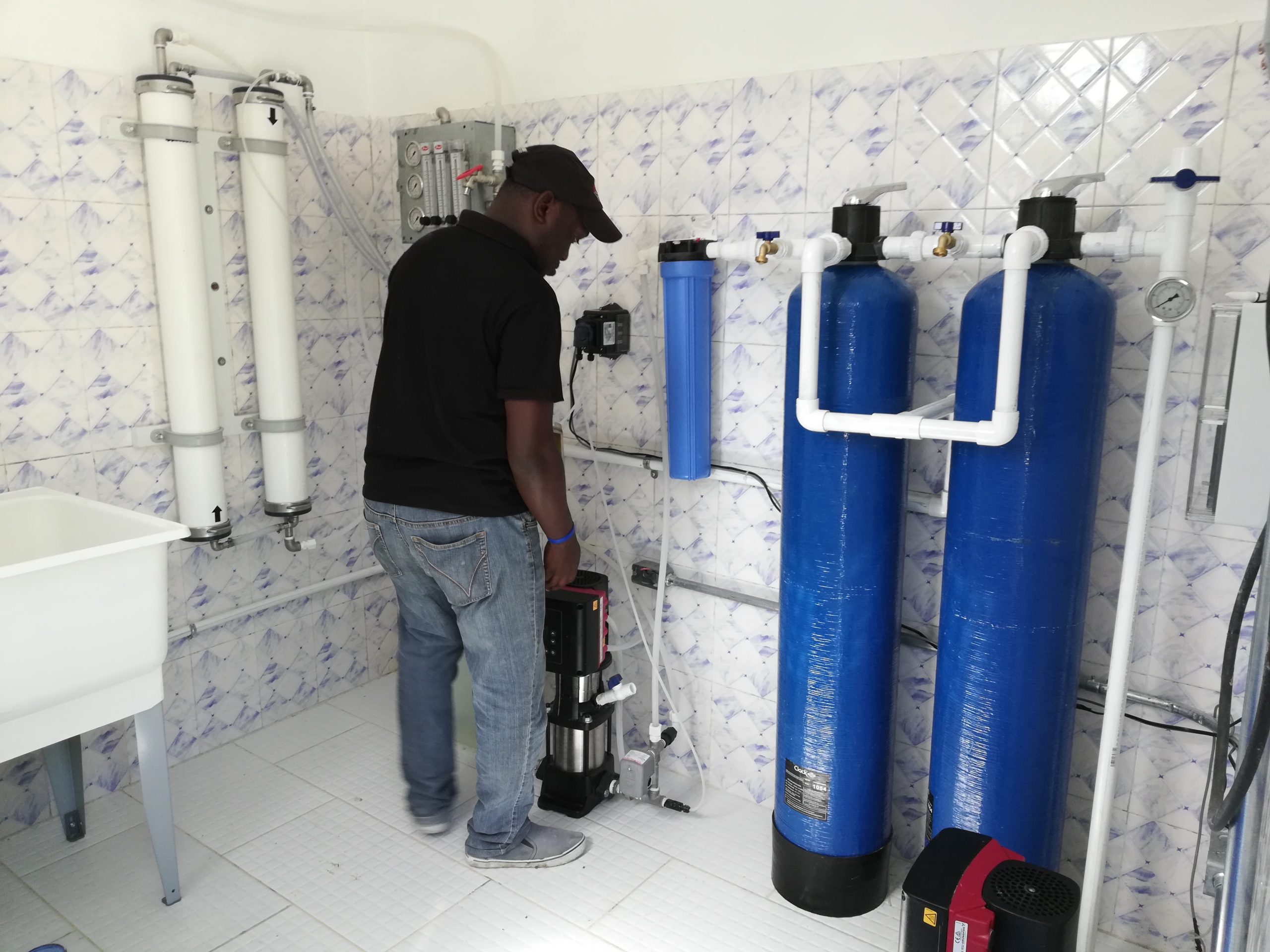The shortage of clean water claims more than 3 million lives every year; nearly 3,100 children die every day from water-related illnesses. Malnutrition and inadequate hygiene contribute to the illnesses and deaths; and women and girls are often denied access to education and economic opportunities because they must spend hours of each day fetching water. In many places, it’s not because there is no available source of water – it’s because there is no simple way to reach it.

Clean water wells (boreholes) cost approximately $5,000 in Malawi. Villages are chosen by our partners in Malawi based upon need and their willingness to contribute to the creation of the borehole as well as its long-term maintenance.
As part of the community’s contribution, they must donate 25,000 Kwacha (approx. $34), make bricks, collect sand and rocks for the borehole apron, serve the drillers lunch, and create a water committee. The $34 fee goes into the water committee’s fund for future upkeep and repairs. Several committee members are trained by the driller on borehole maintenance and repair. Other committee members will continue collecting a very small fee from the villagers to add to the maintenance/repair fund. These boreholes are deeper than the many shallow water wells found around Malawi and if maintained properly, can provide clean water for decades.
Thanks to the generosity of donors, we have built over 130 boreholes in Malawi. Our local partner, Blue Water Drilling, determines the drilling location in the vetted villages with the local chief and then installs the borehole and the pump. After completion, the health team with the Methodist Church of Malawi returns to the village to ensure they know how to maintain and repair the borehole as well as offer WASH (Water, Sanitation and Hygiene) training. WASH training includes proper hand washing practices, ensuring containers are properly cleaned, how to make a tippy-tap (hands-free handwashing station), how to build a household latrine, and many other topics.
In the summer of 2020, our Vacation Bible Camp kids raised money with the goal to build three boreholes for three villages in Malawi. Resurrection's Senior Pastor, Adam Hamilton, then challenged the adults in the congregation to join them, hoping that the congregation might build an additional ten wells in Malawi. The response was astounding, with the congregation raising enough to go from 50 boreholes drilled to 130 boreholes drilled in 6 short months!
To help our campers and congregation learn more about boreholes in Malawi our local team member, Hugo Ngwira, sent us these videos:
Resurrection has been partnering with private donors and other non-profits matching dollar for dollar to bring clean water to the communities where we serve in the Petit-Goâve region of Haiti. Clean water in Haiti is harder to achieve because you can’t solve the contaminated water problem solely by drilling. Once you’ve drilled to access water, you use reverse osmosis to purify the water from contaminants, salt, and strange flavors. Clean water systems in Haiti currently cost approximately $25,000 which includes the drilling, equipment, kiosk, training, and follow up.
Four communities are currently benefitting from clean water where we partner. We work with Haitian CHE (Community Health Evangelism) leaders to identify communities that need clean water and will donate land for the kiosk. There is a small fee recipients pay for the water and these fees cover the salary for the worker that sells water and maintains the equipment as well as any replacement parts needed.
Once the water system is in place, the community hosts a dedication and health fair. The health fair not only includes WASH training, but also proper nutrition and the importance of a balanced diet.

